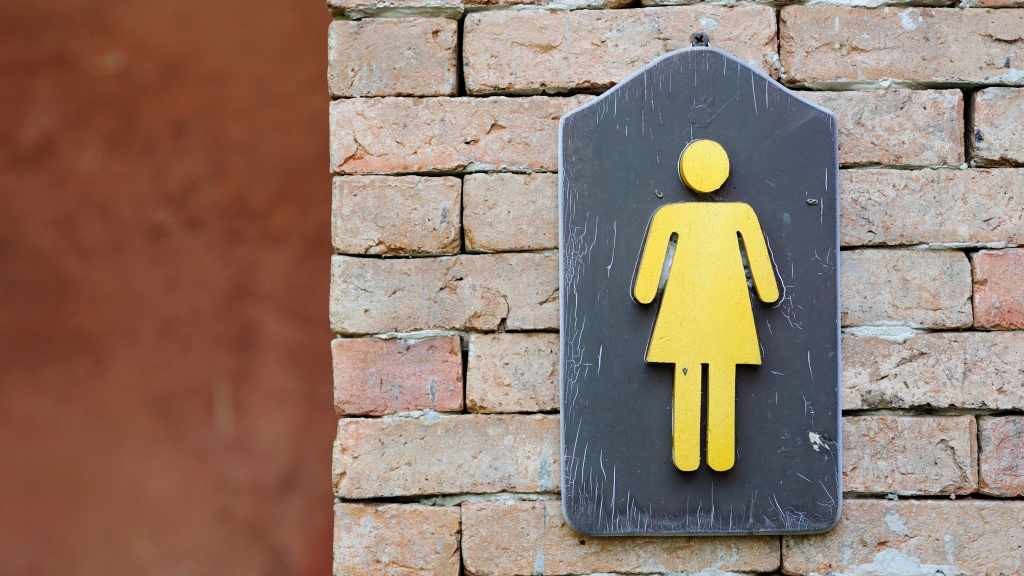-
Featured News
How can I ease discomfort or stop urinary incontinence?

Urinary incontinence — the loss of bladder control — is a common and often embarrassing problem. The severity ranges from occasionally leaking urine when you cough or sneeze to having an urge to urinate that's so sudden and strong you don't get to a toilet in time.
Though it occurs more often as people get older, urinary incontinence isn't an inevitable consequence of aging. If urinary incontinence affects your daily activities, don't hesitate to see your health care provider. For most people, simple lifestyle changes or medical treatment can ease discomfort or stop urinary incontinence.
Symptoms
Many people experience occasional, minor leaks of urine. Others may lose small to moderate amounts of urine more frequently.
Types of urinary incontinence include:
- Stress incontinence. Urine leaks when you exert pressure on your bladder by coughing, sneezing, laughing, exercising or lifting something heavy.
- Urge incontinence. You have a sudden, intense urge to urinate followed by an involuntary loss of urine. You may need to urinate often, including throughout the night. Urge incontinence may be caused by a minor condition, such as infection, or a more-severe condition such as a neurologic disorder or diabetes.
- Overflow incontinence. You experience frequent or constant dribbling of urine due to a bladder that doesn't empty completely.
- Functional incontinence. A physical or mental impairment keeps you from making it to the toilet in time. For example, if you have severe arthritis, you may not be able to unbutton your pants quickly enough.
- Mixed incontinence. You experience more than one type of urinary incontinence.
Lifestyle and home remedies
Bladder training
This involves learning to delay urination every time you get the urge to go. You may start by trying to hold off for 10 minutes. The goal is to lengthen the time between toilet trips until you're urinating every two to four hours. Bladder training may also involve double voiding – urinating, then waiting a few minutes and trying again to empty your bladder more completely.
Schedule toilet trips
The idea here is timed urination – going to the toilet according to the clock rather then waiting for the need to go. Try to go every two to four hours.
Fluid and diet management
You may be able to simply modify your daily dietary habits to regain control of your bladder. You may need to cut back on or avoid alcohol, caffeine or acidic foods.
Pelvic floor muscle exercises
These exercises, called Kegels, strengthen the abdominal muscles that help control urination. Image that you're trying to stop the flow or urine. If you're using the right muscles you'll feel a pulling sensation. Pull in your pelvic muscles and hold for a count of three. Relax for a count of three. Work up to 10 to 15 repetitions each time your exercise. Do Kegel exercises at least three times a day. It may take up to 12 weeks before you notice an improvement in bladder control.
Problems with urine leakage may require you to take extra care to prevent skin irritation:
- Use a washcloth to clean yourself
- Allow your skin to air-dry
- Avoid frequent washing and douching because these can overwhelm your body's natural defenses against bladder infections
- Consider using a barrier cream, such as petroleum jelly or cocoa butter, to protect your skin from urine
- Ask your health care provider about special cleansers made to remove urine that may be less drying than other products.
If you have urge incontinence or nighttime incontinence, make the toilet more convenient:
- Move any rugs or furniture you might trip over or collide with on the way to the toilet
- Use a night light to illuminate your path and reduce your risk of falling
If you have functional incontinence, you might:
- Keep a bedside commode in your bedroom
- Install an elevated toilet seat
- Widen an existing bathroom doorway
When to see a health care provider
You may feel uncomfortable discussing incontinence with your doctor. But if incontinence is frequent or is affecting your quality of life, it's important to seek medical advice because urinary incontinence may:
- Indicate a more-serious underlying condition
- Cause you to restrict your activities and limit your social interactions
- Increase the risk of falls in older adults as they rush to the toilet
This article is written by Mayo Clinic Staff. Find more health and medical information on mayoclinic.org.
Related Articles







